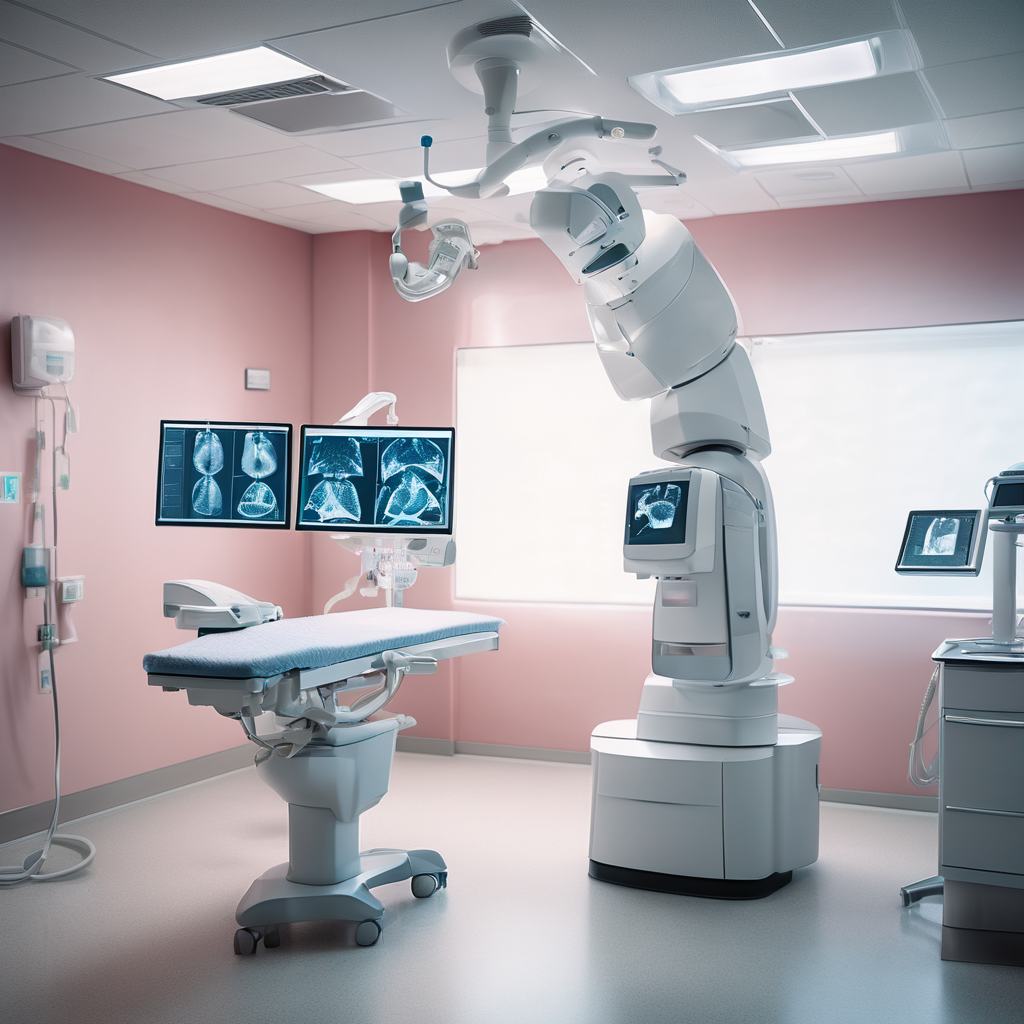
Cancer is undeniably one of the most formidable health challenges facing women globally, but today’s medical landscape offers unprecedented hope. Women’s unique vulnerabilities to cancers such as breast, ovarian, and cervical have long necessitated specialized screening and preventive approaches. Traditional methods like mammograms, Pap smears, and HPV tests play vital roles in early detection, yet they often deliver generic protocols that might overlook individualized risks. Enter OncoPreventer—a revolutionary personalized cancer prevention service that marries cutting-edge genetic analysis, artificial intelligence, and preventive oncology to empower women to seize control of their health before cancer ever gains a foothold.
Screening is the cornerstone of cancer prevention, especially given that up to 80% of cancers are avoidable when identified early or through proactive lifestyle adjustments. However, the one-size-fits-all nature of conventional cancer screenings can sometimes falter in recognizing the subtle nuances of a woman's unique genetic and biological makeup. This is where OncoPreventer disrupts the status quo. By performing a simple, at-home test that analyzes a woman’s genetic markers along with detailed health data, it unveils personalized risk profiles. These profiles spotlight which types of cancer a woman may be predisposed to, thus transforming preventive care from a reactive to a dynamic, individualized journey. What’s fascinating is how OncoPreventer’s AI continuously refines these insights by integrating real-time updates on lifestyle shifts and biological changes—a truly adaptive approach that echoes the fundamental complexity of human health.
Digging deeper, OncoPreventer doesn't stop at risk assessment. It delivers a meticulously tailored prevention plan based not just on genetic predispositions but also on emerging scientific evidence linking diet, supplements, exercise, and periodic medical checkups to cancer risk reduction. For instance, certain nutrients may inhibit tumor development or reduce inflammation, while specific supplements could bolster the immune system’s cancer-fighting capabilities. Customized lifestyle adjustments—ranging from exercise regimens to stress management techniques—further empower women to act on these tailored recommendations. It’s akin to having a personal health coach, nutritionist, and oncologist rolled into one sophisticated program designed explicitly for the individual.
One of the biggest hurdles in preventive healthcare is accessibility, yet OncoPreventer breaks down these barriers by providing advanced screening tools that can be used right from home. This aspect is more than convenient; it’s transformative. By removing clinic visits and long waiting times, it encourages women to routinely monitor their health without the typical logistical headaches, dramatically increasing compliance and early intervention rates. Imagine the ease of conducting a simple test in the comfort of your living room, and then receiving a personalized roadmap that evolves as you do. This approach epitomizes how technology can seamlessly integrate into our daily routines to enhance well-being.
Cancer risk is an evolving narrative, reflecting fluctuations in biology, environment, and lifestyle. Recognizing this, OncoPreventer’s continuous monitoring feature ensures that the preventive strategy never goes stale. With AI-powered analytics, it tracks ongoing changes and adjusts recommendations accordingly, offering a health plan that is as dynamic as the person it serves. This continuous feedback loop underscores a broader revolution in healthcare, where data-driven insights and technology empower us to anticipate and counter health threats proactively. As more women join the thousands already benefiting from OncoPreventer, the narrative is clear: the future of cancer prevention lies in personalized, technology-enabled care that gives women full control over their health destiny, ensuring cancer doesn’t get the upper hand.
#CancerPrevention #WomenHealth #PersonalizedMedicine #OncoPreventer #EarlyDetection #AIinHealthcare #PreventiveOncology
Leave a Reply